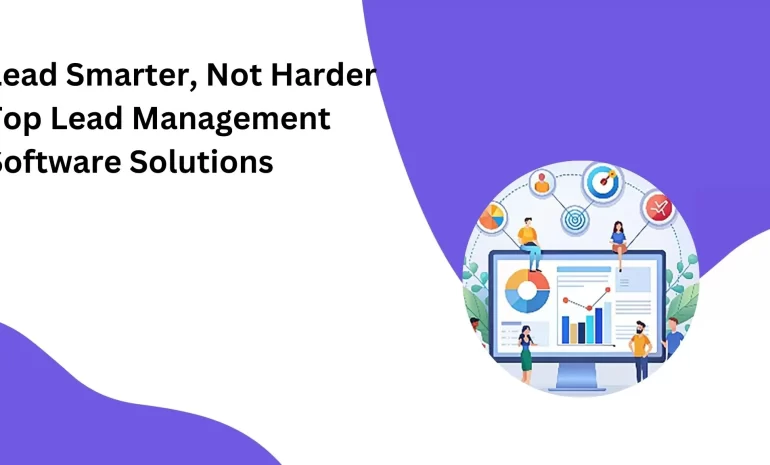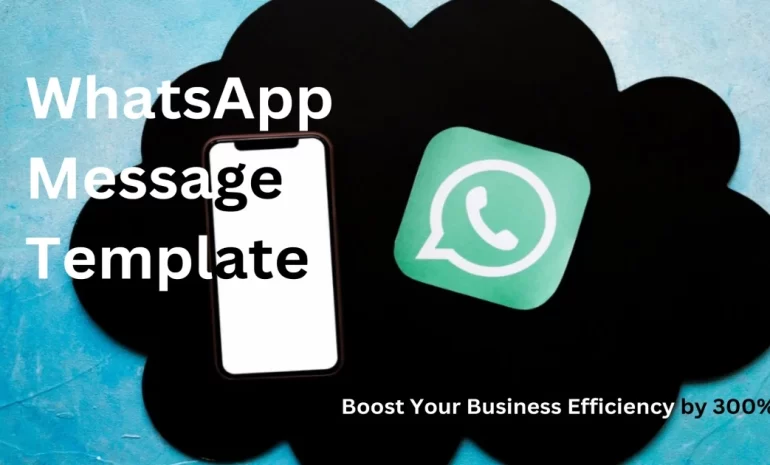You’ve heard of CRM, but do you truly understand what it means and how it can revolutionize your business? If these questions have crossed your mind, you’re not alone. Customer Relationship Management (CRM) is a powerful tool that many businesses choose to adopt for good reasons. In this article, we’ll break down the essence of CRM and explore its immense benefits for your agency.
Demystifying CRM

What does CRM mean? At its core, CRM is about curating meaningful information regarding your past, present, and potential customers. It encompasses vital details like contact information, names, and records of your past interactions with them.
CRM is not just a data repository; it’s a cohesive system that brings together your sales, marketing, and customer service processes. It enables you to streamline these functions and maintain a comprehensive view of your customer relationships.
Why You Need CRM
Have you ever struggled to access customer information and interaction history?
Do you worry about whether all the leads in your sales pipeline are being effectively followed up on?
Is it challenging to track and view all sales activities in one place?
Have you lost leads because you couldn’t keep track of them effectively?
If you’ve encountered any of these scenarios, you already understand the critical role customer relationships play in business. CRM emerges as the optimal solution to manage and maintain these relationships. It offers a structured system for all your customer interactions, reducing the chaos of manual tasks and enhancing the efficiency of your sales activities.
The Business Benefits of CRM
How does CRM benefit your business? Let’s dive into the significant advantages:
- Customer Retention: A strong customer relationship fosters loyalty, reducing the need to continually acquire new customers.
- Customer Satisfaction: Satisfied customers are more likely to return and recommend your brand to others, building a positive reputation.
- Brand Loyalty: CRM keeps your brand at the forefront of customers’ minds, increasing their loyalty.
- Word-of-Mouth Marketing: Satisfied customers become your brand advocates, promoting your business through word of mouth.
- Efficiency: CRM enhances efficiency across teams. It eliminates the need for traditional record-keeping and facilitates collaboration with automatically stored communications.
- Data Management: Streamlined data and easy integration with various tools and plugins enable efficient data management.
Implementing a CRM
Ready to harness the power of CRM for your business? Here’s how to go about it:
- Create a CRM Implementation Team: Assemble a dedicated team to lead the CRM implementation.
- Change Management Plan: Develop a plan to manage the changes that CRM adoption will bring to your organization.
- Budget Forecast: Determine a budget for CRM implementation, considering software costs, training expenses, and more.
- Rollout Strategy: Roll out CRM through data migration, user training, and rigorous testing.
- Go Live: Plan and execute the CRM’s live launch.
A successfully implemented CRM will yield long-term benefits for your agency. Consider exploring the CRM solutions available to establish enduring customer relationships and optimize your operations.
For CRM Solutions or Business Automation Service, feel free to reach us at biz@inextcrm.com or call/WhatsApp at +91-7506506672.
You’ve heard of CRM, but do you truly understand what it means and how it can revolutionize your business? If these questions have crossed your mind, you’re not alone. Customer Relationship Management (CRM) is a powerful tool that many businesses choose to adopt for good reasons. In this article, we’ll break down the essence of CRM and explore its immense benefits for your agency.
Demystifying CRM
What does CRM mean? At its core, CRM is about curating meaningful information regarding your past, present, and potential customers. It encompasses vital details like contact information, names, and records of your past interactions with them.
CRM is not just a data repository; it’s a cohesive system that brings together your sales, marketing, and customer service processes. It enables you to streamline these functions and maintain a comprehensive view of your customer relationships.
Why You Need CRM
Have you ever struggled to access customer information and interaction history?
Do you worry about whether all the leads in your sales pipeline are being effectively followed up on?
Is it challenging to track and view all sales activities in one place?
Have you lost leads because you couldn’t keep track of them effectively?
If you’ve encountered any of these scenarios, you already understand the critical role customer relationships play in business. CRM emerges as the optimal solution to manage and maintain these relationships. It offers a structured system for all your customer interactions, reducing the chaos of manual tasks and enhancing the efficiency of your sales activities.
The Business Benefits of CRM
How does CRM benefit your business? Let’s dive into the significant advantages:
- Customer Retention: A strong customer relationship fosters loyalty, reducing the need to continually acquire new customers.
- Customer Satisfaction: Satisfied customers are more likely to return and recommend your brand to others, building a positive reputation.
- Brand Loyalty: CRM keeps your brand at the forefront of customers’ minds, increasing their loyalty.
- Word-of-Mouth Marketing: Satisfied customers become your brand advocates, promoting your business through word of mouth.
- Efficiency: CRM enhances efficiency across teams. It eliminates the need for traditional record-keeping and facilitates collaboration with automatically stored communications.
- Data Management: Streamlined data and easy integration with various tools and plugins enable efficient data management.
Implementing a CRM
Ready to harness the power of CRM for your business? Here’s how to go about it:
- Create a CRM Implementation Team: Assemble a dedicated team to lead the CRM implementation.
- Change Management Plan: Develop a plan to manage the changes that CRM adoption will bring to your organization.
- Budget Forecast: Determine a budget for CRM implementation, considering software costs, training expenses, and more.
- Rollout Strategy: Roll out CRM through data migration, user training, and rigorous testing.
- Go Live: Plan and execute the CRM’s live launch.
A successfully implemented CRM will yield long-term benefits for your agency. Consider exploring the CRM solutions available to establish enduring customer relationships and optimize your operations.
For CRM Solutions or Business Automation Service, feel free to reach us at biz@inextcrm.com or call/WhatsApp at +91-7506506672.


